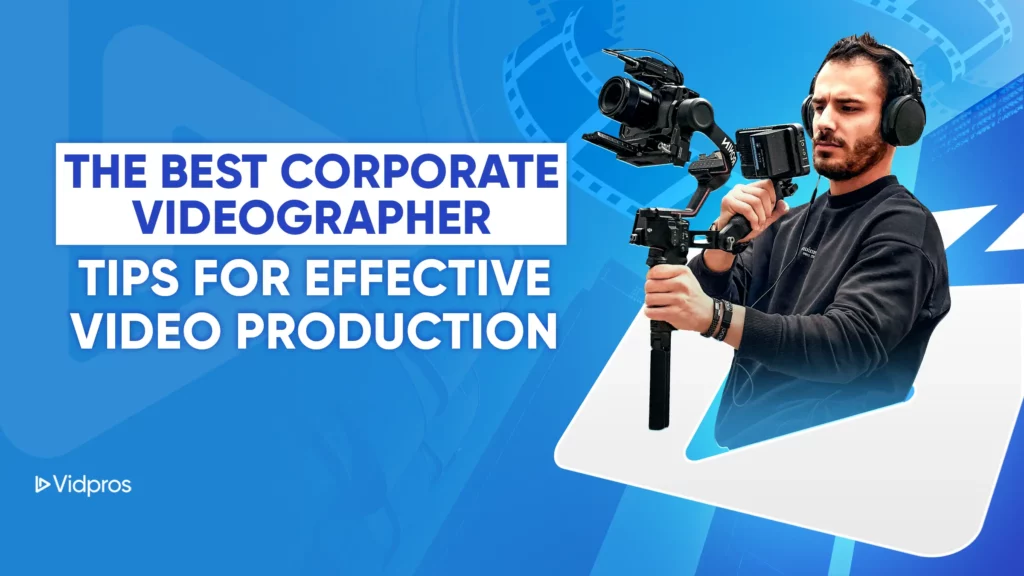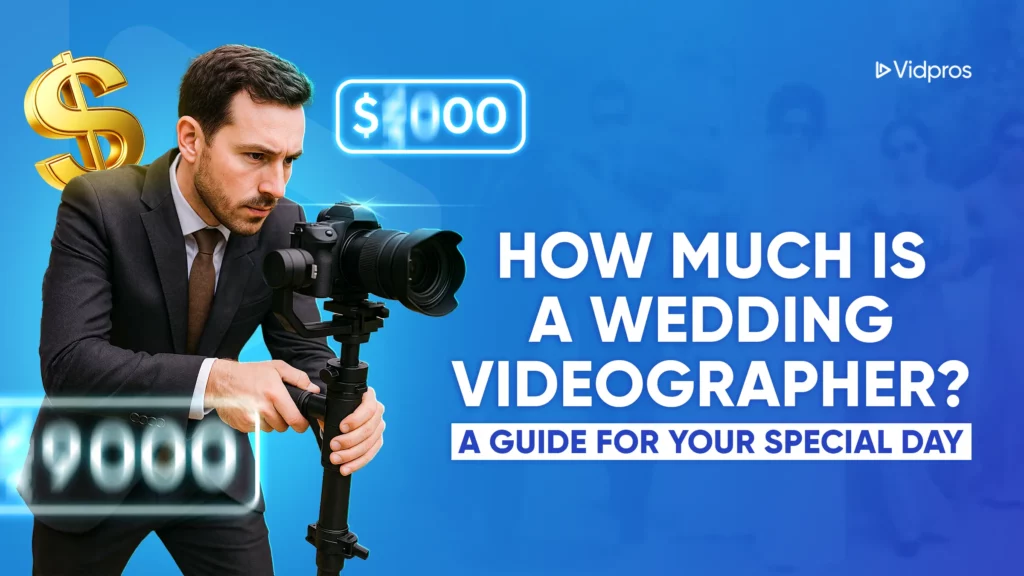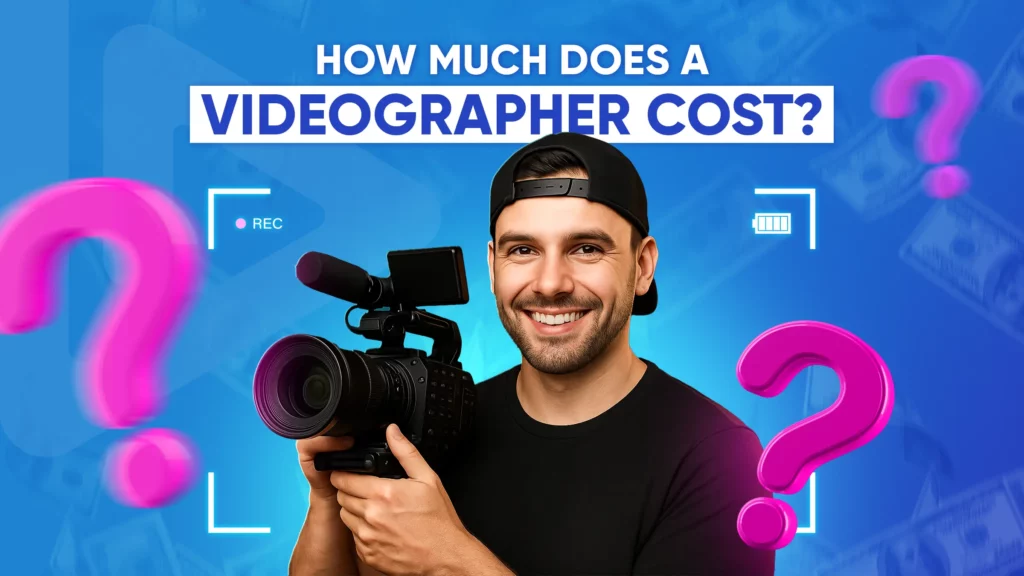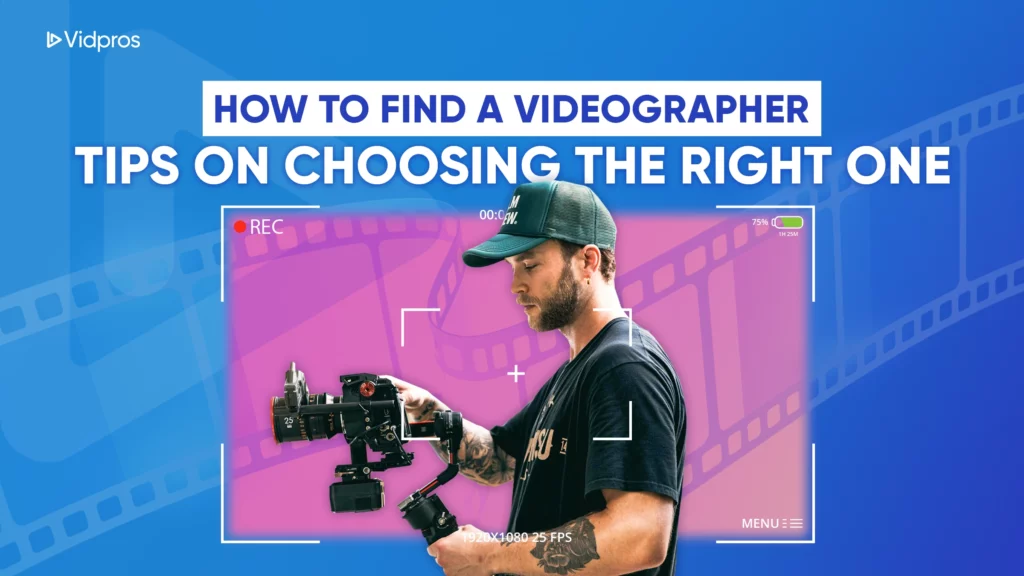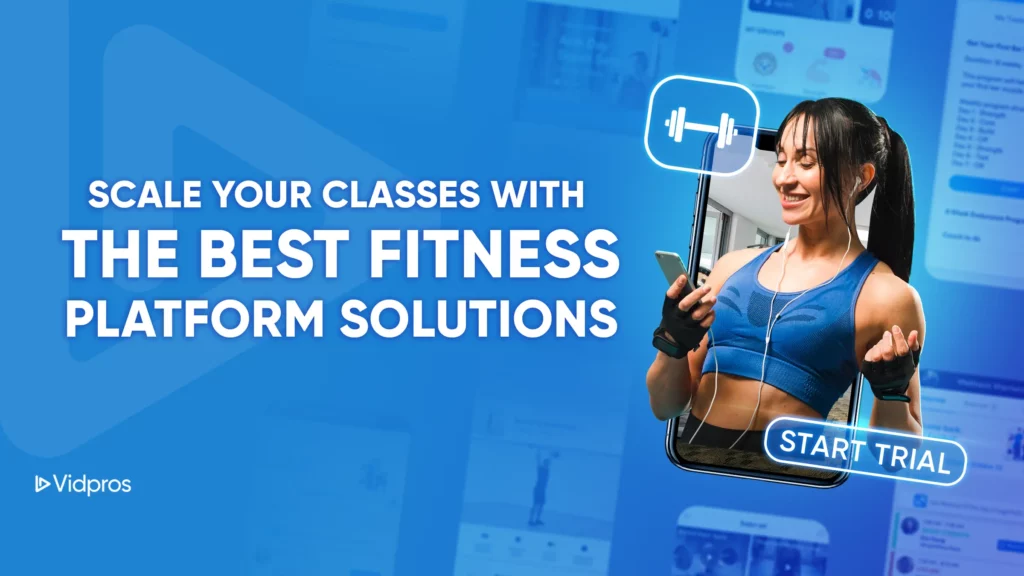
Do content creators need heavy-duty and high-performance video recording equipment to make great videos? Definitely not! With technology by your side, you may not realize the powerhouse that you have in your hands right now. Here’s how you can make the most of your smartphone to capture and create amazing videos.
There are plenty of smartphones with high-quality cameras and the ability to record high-definition videos.
Many professional – and even inexperienced – video content creators are discovering that using their phones to shoot videos has several profound and practical benefits.
Let’s face it; it doesn’t require lugging around a large video camera if you need to record material quickly and spontaneously.
On top of the phones’ video camera functionality, many mobile apps (both Apple and Google) allow users to edit and add digital effects to their videos, as well as upload finished videos to their mobile devices for immediate distribution and viewing.
Harnessing a smartphone’s capability
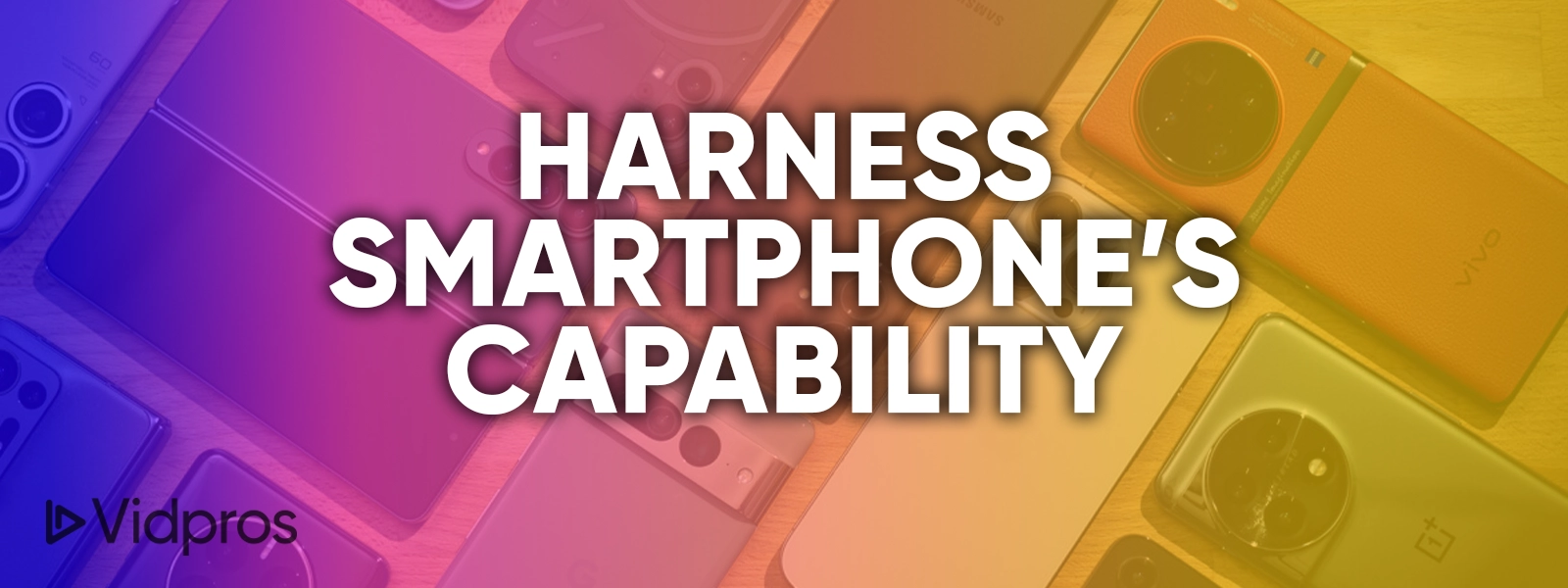
As smartphones have become more capable, video entrepreneurs find making films or videos more affordable.
The convenience of having a smartphone with an excellent camera is great; however, poor video editing techniques will probably result in poor videos.
For instance, you may have an extremely expensive hammer – with all of the features – money can buy, but it doesn’t guarantee that you will be able to build a magnificent home.
This is the same way with recording videos using your smartphone, you will need practice and an excellent video technique to do this.
The videos you shoot with your smartphone don’t have to be flawless, but following these tips will make it easy to shoot an awesome video!
Good lighting
Because smartphone cameras have smaller image sensors and lenses, proper lighting is essential.
In order to avoid unnecessary shadows and graininess in your video, try to shoot it in brightly lit areas as much as possible. However, be careful not to point your camera directly at bright light sources, which will cause unusable overexposed footage and lens flare.
Smartphones do not react very quickly to dramatic changes in lighting; they should have stable and steady lighting. If the light is still making it difficult to shoot your video, try changing your backlighting and white balance settings if your phone or app provides them.
You can also use touch focusing on your phone if your camera isn’t focusing where you want it to. As soon as you set your focus on the video’s critical aspect, the automatic exposure control will be able to adjust small settings more easily since the lighting conditions will begin to change.
Stay steady
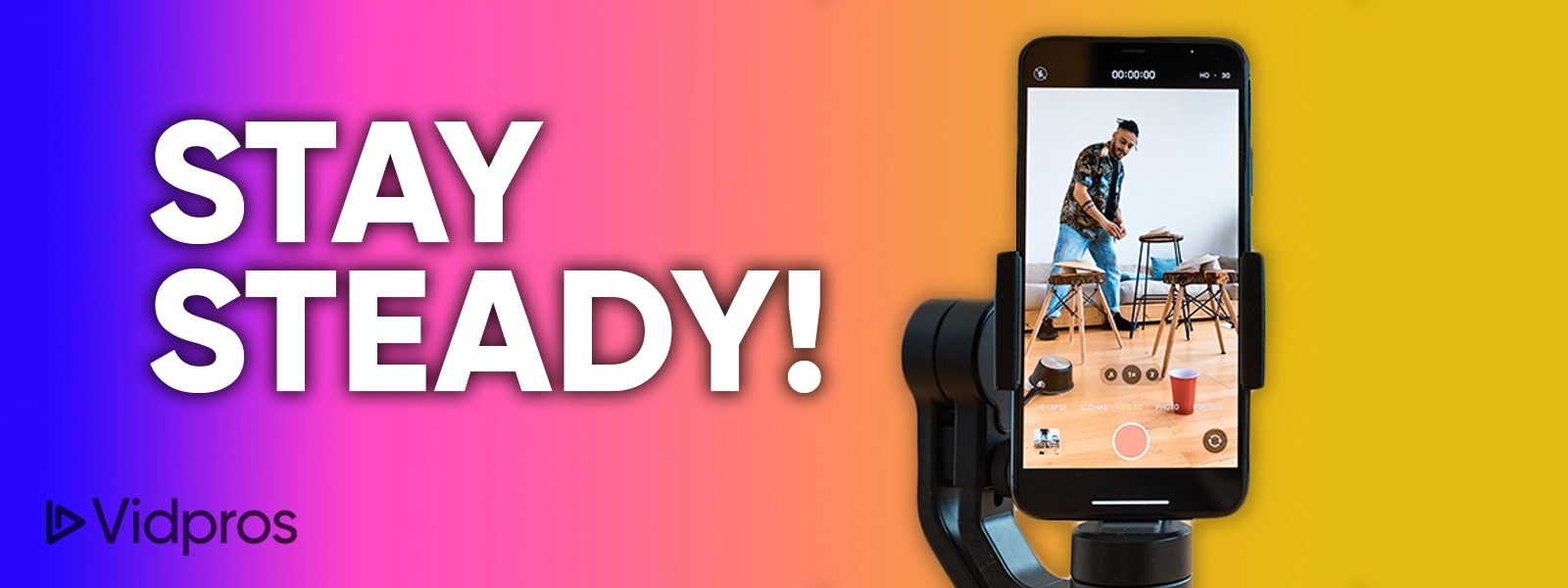
It would be best to keep your smartphone steady while recording video to avoid distortion, blurring, or “rolling shutter” effects.
When recording a video, hold your smartphone as close to your body as possible. This can become rather tiresome after a while, so you may want to consider other methods:
Taking a video with your smartphone or mobile device can be difficult without stabilizers, tripods, and camera cages; they have the right handles for the job and are designed for that particular purpose.
It is possible to rest your smartphone on other physical supports like tables, chairs, desks, shelves, or tables if a smartphone tripod or stabilizer is too expensive or not practical for your circumstances.
Mind your audio
![]()
If you plan to add a totally new audio track to your video afterwards (during editing), you should prioritize your audio quality as much as your video, regardless if you are contemplating DIY editing or availing of a professional video editing service.
Many smartphones have a low-quality built-in microphone and are improperly placed, resulting in wind and unnecessary environmental noise competing with or drowning out any unwanted audio when shooting video outdoors.
Video recordings should be made in a quiet place, preferably indoors, where ambient noise is less, as this is almost impossible to edit out later. Video and feature films are being made with mobile phones by professionals, but the audio is almost ALWAYS recorded with a separate recording device that is appropriate for the task.
To produce amazing videos with superb audio, you could invest in an external recorder or at least a directional microphone that can be attached to your smartphone.
If using an external microphone isn’t possible or practical, you can try this simple trick: cover the phone’s microphone (but don’t completely cover it) with your hand. As a result, unwanted noise can be reduced, which might result in a good final product – not perfect, but it will do.
Focus on your subject
Since most smartphones use a digital zoom rather than optical zoom, staying physically close to your subject increases image quality, reduces digital noise, and improves focus. In addition, they make clip-on macro lenses that will fit any iPhone or Android smartphone if you need super zoom close-ups of tiny details.
Avoid the vertical video syndrome
This point cannot be overstated enough. Stop shooting vertical videos! Some videographers (yes, video entrepreneurs, too) who use their smartphones for digital filmmaking make the mistake of holding them horizontally, i.e., up and down, rather than sideways, while recording.
The best way to make videos play on other screens (virtually everywhere) is to hold your phone horizontally.
Mobile apps for better videos
You may be able to record video with your smartphone’s camera app, but there’s more to it!
While some third-party apps are easy to use and have great features for video content developers, others unlock professional-like features that might bring your inner Steven Spielberg to life.
There are plenty of good free apps out there, but investing a little bit of money in a few will pay off in the long run.
Plan and prepare

Ensure you have prepared all the gear, props, scripts, actors, and shooting locations before you begin recording.
In addition, make sure your phone is in good working condition and has enough space (available memory) to store the footage – high-definition (HD) video files can get large and drain batteries quickly.
With practice – and not discounting trial and error – you will start seeing professional results in no time, and following these tips will teach you how to create incredible videos with your smartphone.
In our future articles, we will be discussing some nifty tips and tricks about smartphone videography so watch out for it soon.
Excited to get into smartphone videography? Call us and let us help you get started.





